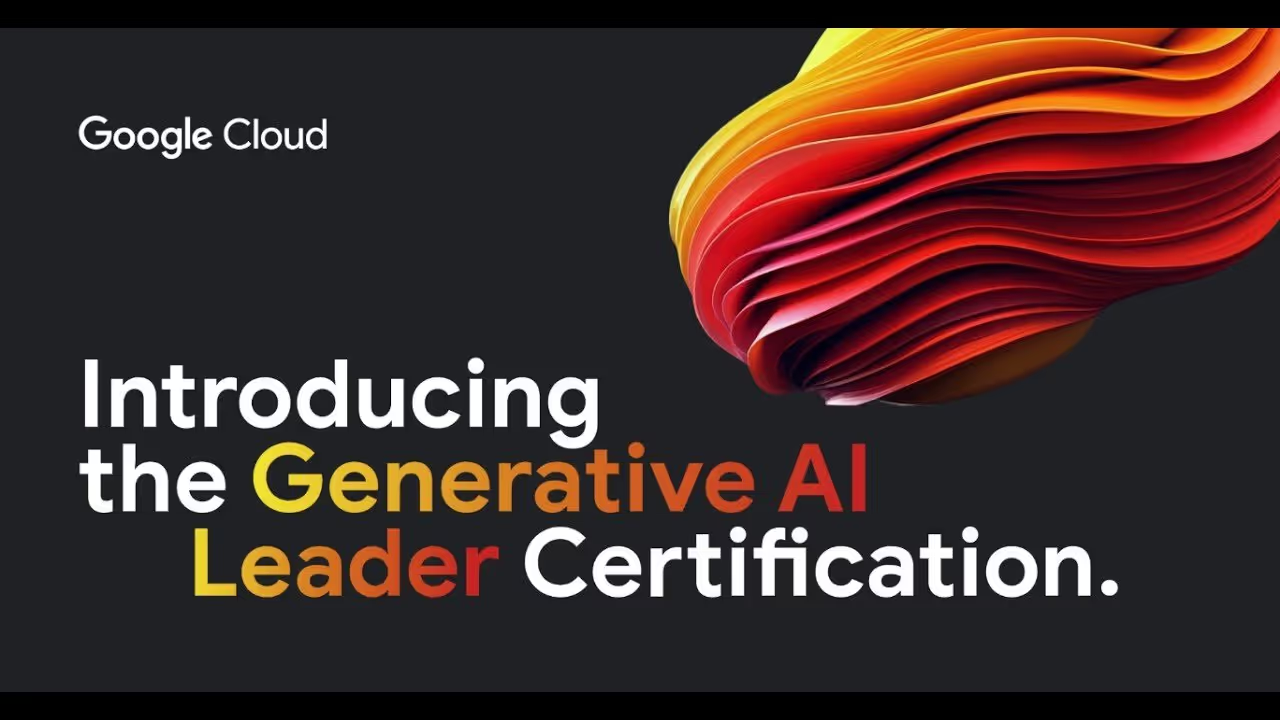In today’s fast-paced digital landscape, staying ahead means constantly updating your skill set. Whether you’re a data scientist, software developer, or project manager, a gen ai certification can be the key to opening doors in the competitive world of artificial intelligence.
In this guide, we’ll explore how enrolling in a well-structured generative ai course can equip you with practical experience in machine learning, natural language processing (NLP), and prompt engineering, enabling you to build and deploy innovative AI models.
Why take Gen AI Certification
With the explosive growth of large language models (LLMs) and cutting-edge AI technologies, employers are on the lookout for professionals who are not only skilled in traditional machine learning but are also adept at Applied Generative AI.
Here are some compelling reasons to consider a gen ai certification:
- Career Advancement: Stand out in the job market and gain access to career opportunities in AI-driven industries.
- Hands-On Projects: Gain practical experience by working on real-world applications such as text classification and data analysis.
- Cutting-Edge Skills: Learn about generative ai models, prompt engineering, and fine tuning techniques that are transforming the landscape of digital innovation.
According to industry leaders, staying updated with the latest generative ai courses is crucial to remain competitive and meet the growing demand for AI expertise.

Key Components of a Good Generative AI Course:
A comprehensive generative ai course should be structured to provide both theoretical knowledge and practical skills. Look for these key components:
A well-rounded course should encompass a variety of topics to ensure you’re fully equipped to excel:
- Generative AI Model Fundamentals: Understand the architecture behind LLMs and how they power generative applications.
- Machine Learning & Data Analysis: Gain expertise in data handling, text classification, and using statistical tools to enhance AI accuracy.
- Hands-On Projects: Engage in cutting edge projects that simulate real-world challenges, offering practical experience to bolster your resume.
- Prompt Engineering: Master the art of crafting effective prompts to guide AI responses, an essential skill in deploying generative ai solutions.
- Natural Language Processing (NLP): Learn how to process and analyze text data using advanced techniques, a critical component of any generative ai course.
How to Choose the Right Course
When selecting a generative AI course, consider the following:
- Accreditation and Reviews: Look for courses offered by reputable institutions or platforms.
- Curriculum Depth: Ensure the course offers comprehensive content covering everything from learning models to practical deployment strategies.
- Flexibility: Courses that allow you to learn at your own pace are ideal for working professionals.
Ready to Transform Your Career?
Investing in a Gen AI certification isn’t just about earning a credential—it’s about positioning yourself as a skilled professional in one of the most dynamic fields today. Embrace the opportunity to gain practical experience, work on hands-on projects, and become a leader in the rapidly evolving world of generative ai applications.
Final Thoughts
Pursuing a Gen AI Certification is more than just adding a credential to your resume—it’s an investment in future-ready skills. As industries rapidly adopt generative AI, certified professionals stand out with validated expertise, opening doors to better career opportunities, innovation-driven roles, and global recognition. Whether you’re a student, working professional, or tech enthusiast, earning a Gen AI Certification can be the key to staying competitive and shaping the future of work.
FAQ: Generative AI Certification
What is a generative AI (gen AI) certification?
A generative AI certification validates your knowledge in AI models that generate content (text, images, etc.), including their design, use cases, ethics, and business applications.
Which organizations offer a generative AI certification?
Google Cloud offers a Generative AI Leader certification that focuses on strategic understanding and use of generative AI.
How many questions and what format is the Google Generative AI Leader exam?
It includes around 50–60 multiple-choice and multiple-select questions.
Do I need prior AI / ML experience to take a gen AI certification?
Not always. The Google Generative AI Leader certification emphasizes strategy and business value more than deep technical implementation, so it’s accessible to professionals who understand AI concepts.
Is generative AI certification useful for career growth?
Yes. It can showcase your understanding of emerging AI technology, strengthen your profile in AI-related roles, and help transition into leadership or strategic AI positions. Community feedback suggests it helps with credibility in AI strategy roles.


.avif)





.avif)
.avif)
.avif)